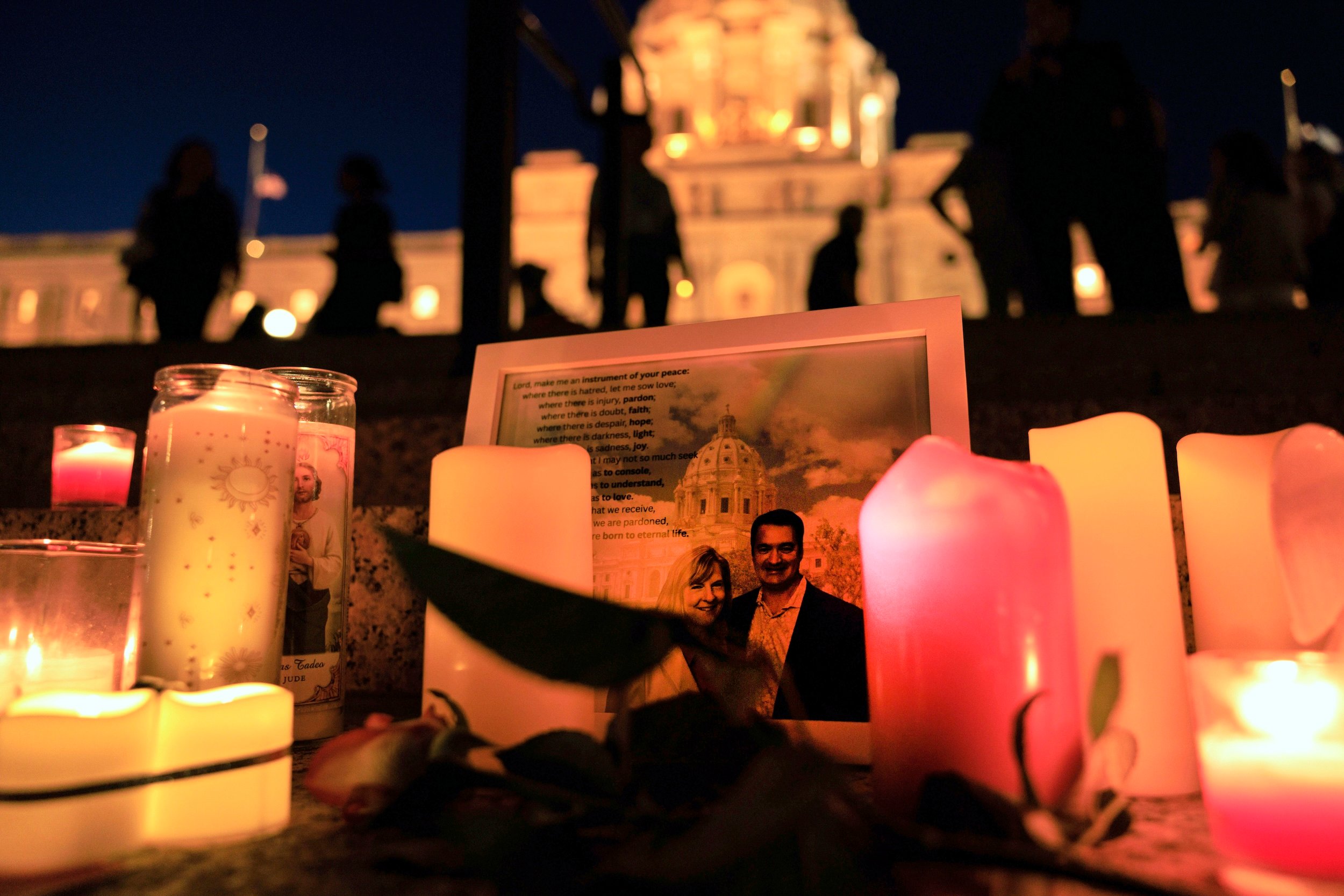What to Know Today
Federal judge, citing Bruen, says people under indictment can buy guns. A district court judge in Texas ruled that the 54-year-old federal ban on gun purchases for people with certain pending criminal charges is unconstitutional because it doesn’t pass the history-and-tradition test established in New York State Rifle & Pistol Association v. Bruen. In his opinion, U.S. District Judge David Counts wrote that “the Court’s historical survey finds little evidence that [the law] aligns with this Nation’s historical tradition.” He also seemed to suggest that despite the potential impact of invalidating the law, his hands were tied: “There are no illusions about this case’s real-world consequences — certainly valid public policy and safety concerns exist. Yet Bruen framed those concerns solely as a historical analysis.” The plaintiff in the case, USA v. Quiroz, bought a gun while under felony indictment for burglary and bail-jumping, and lied about it on his background check. More than 106,000 people have failed an FBI background check since 1998 because they’ve been under indictment. Context: The ruling is one of the most dramatic consequences of Bruen since the decision came down in June. In August, a district court judge in Fort Worth struck down a Texas law restricting guns for people under 21, citing the June SCOTUS decision.
Republican AGs ask credit card companies to reconsider coding gun sales. A group of 24 attorneys general said in a letter to Visa, Mastercard, and American Express on Tuesday that a recently announced plan to assign a new category code for gun retailers could lead to the misuse of gun owners’ data, The Wall Street Journal reported. The NRA has slammed the plan as “financial surveillance” that will be used to create a “gun owner registry,” while proponents say the merchant code will allow law enforcement to flag suspicious gun sales and possibly avert violence. The perpetrator of the 2016 Pulse nightclub shooting spent more than $26,000 on guns and ammunition in the 12 days before the massacre. Follow the money: As our Will Van Sant reported last year, the NRA has given more than $1.3 million to the Republican Attorneys General Association since 2014 and has a “business services” contract with the group.
Michigan prosecutor trying Oxford school shooter’s parents launches gun reform commission. Oakland County Prosecutor Karen McDonald said she is convening a panel of researchers, gun violence survivors, faith leaders, law enforcement, and school safety officials to devise a set of data-driven recommendations for reducing gun violence in the Detroit suburb. The commission will study the county’s threat assessment protocols and develop a violence intervention program for area schools. McDonald’s controversial decision to charge the parents of the teen perpetrator of last November’s shooting at Oxford High School for allowing him to access a gun earned praise from gun reform advocates.
Women emerge as violence intervention leaders in California. Violence interrupters, who diffuse conflict in communities before it leads to gunfire, are mostly men. The Guardian highlights three women with visible leadership roles in intervention groups for the latest installment in its “Guns and Lies” series. When Claudia Bracho, a trainer at the nonprofit Urban Peace Institute, began this work in the late 1990s, she was one of four women violence interrupters in Los Angeles. “I wasn’t let in,” she said. “Now I see other women coming up quicker.” That’s because women excel at street-level intervention, as well as fundraising and program management, the group’s executive director tells Abené Clayton. From our archives: Tina Padilla, also profiled by Clayton, spoke to us for this March 2021 story about the push to pay violence interrupters a living wage.
Three people shot at a state fair in Texas. Police say a man opened fire at the Tri-State Fair & Rodeo in Amarillo on Monday night, hitting a sheriff’s deputy, an off-duty firefighter, and a bystander before he was shot by police. Police did not offer a motive, but said he targeted a group of off-duty sheriffs working the fair. The suspect was taken to the hospital with reportedly life-threatening injuries. Meanwhile, police in North Texas say they averted a mass shooting at a high school last week, arresting two teens who were headed to the homecoming game with an AR-15 pistol and a 60-round magazine. More than 3,000 people were in attendance. “I certainly believe wholeheartedly … that these officers did save countless lives,” a police spokesperson said. The teens were charged with the unlawful carrying of a firearm in a prohibited place.
Data Point
$1.42 million — the cost of a murder in Philadelphia, according to a recent report from the city. The figure includes medical expenses, criminal justice costs, lost wages, and property damage, most of it borne by taxpayers. [The Philadelphia Inquirer]

